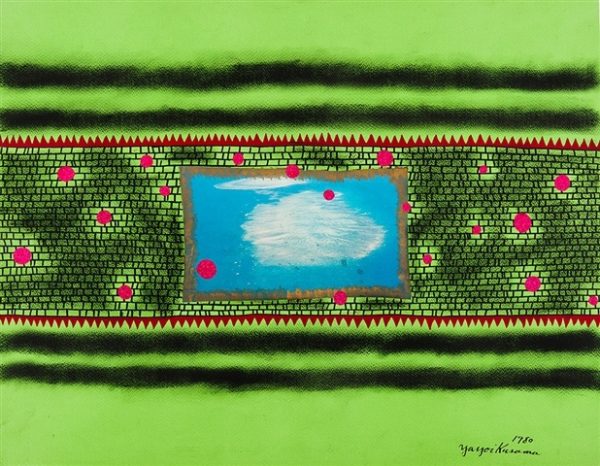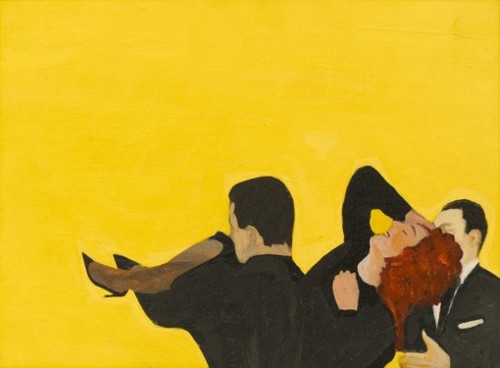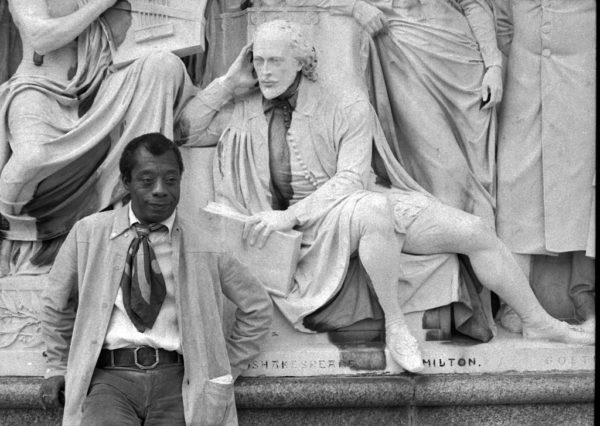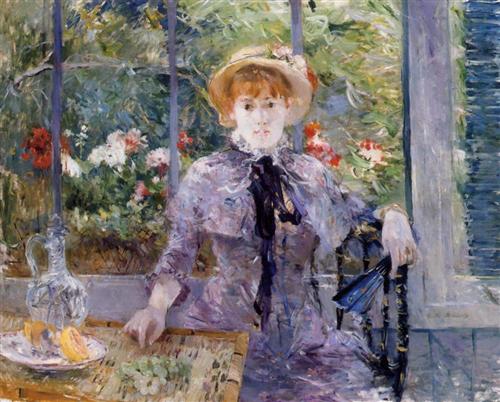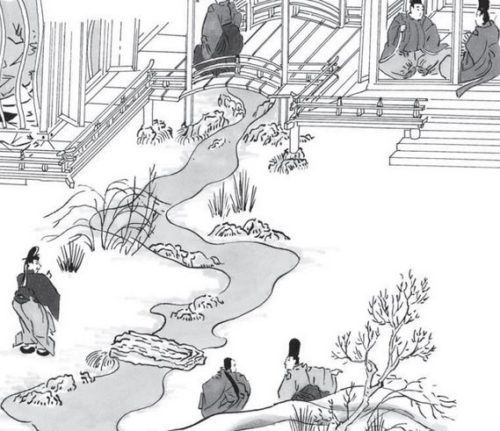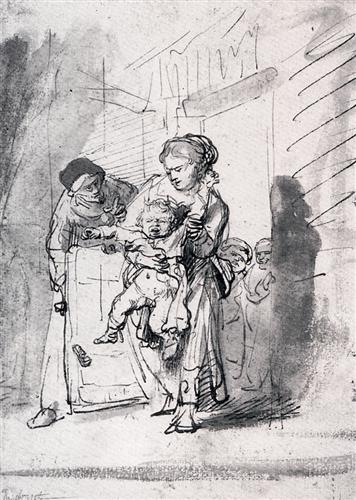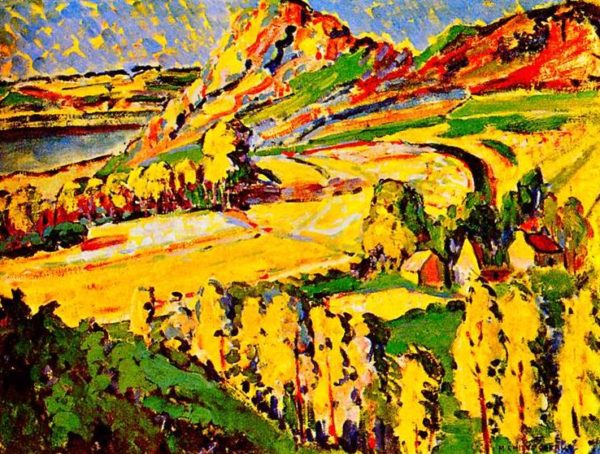Tegenover het vallen uit de vrijheid, door angst en verlamming, staat een totaal ander soort vallen, een vallen in de vrijheid door geloof en overgave. …
Dit andere vallen, een bevrijdend vallen wordt prachtig geïllustreerd door het zenverhaal van de vlinder die opgesloten zit in een bronzen klok. De vlinder blijft zich wanhopig en uit alle macht te pletter vliegen tegen de harde wand. Uiteindelijk moet hij de pogingen om er op eigen kracht doorheen te breken opgeven en laat hij zich vallen. En dan valt hij vanzelf in het licht, in het leven en in de onbegrensdheid.
Eigenlijk is dit een heel bevrijdend beeld: een bodemloze afgrond waar je niet uit kunt vallen en waarin je niet te pletter kunt vallen. En vergeet niet: dit bodemloze vallen is dan ineens ook geen vallen meer, maar bewegen, eindeloos stromen in een leven zonder grenzen. Dat is de stroom van prajna paramita (wijsheid voorbij alle wijsheid).
